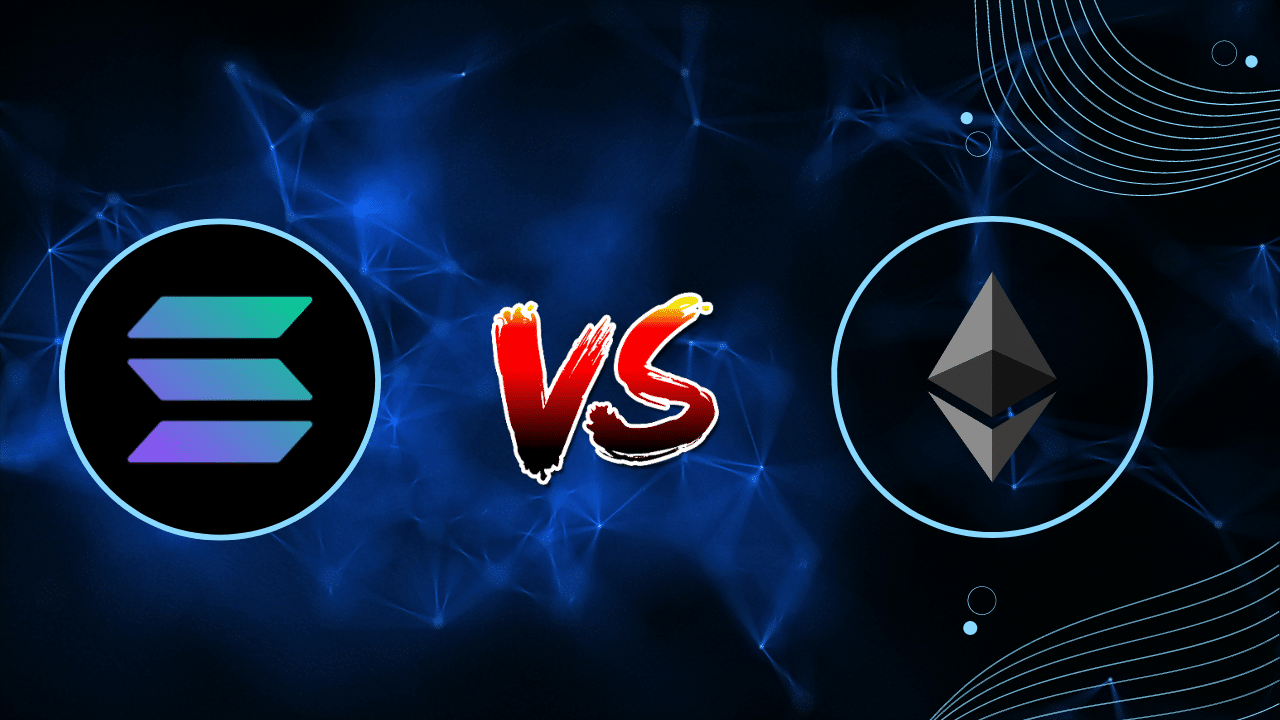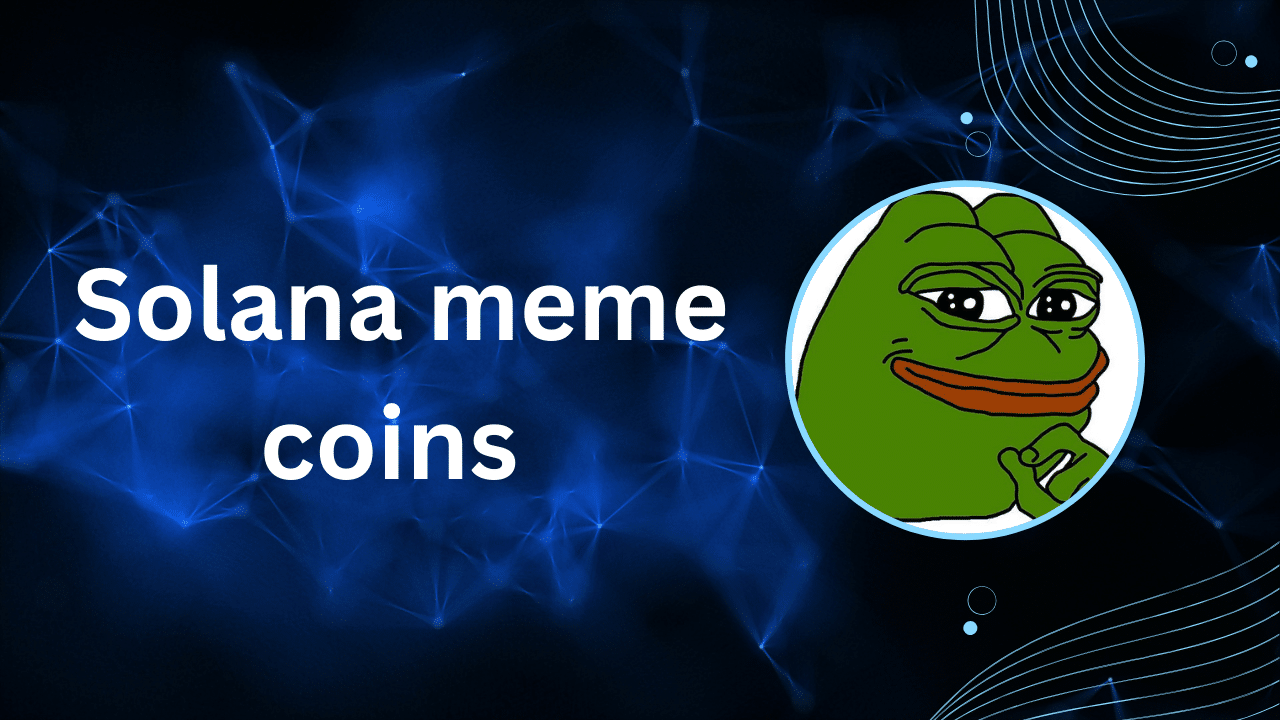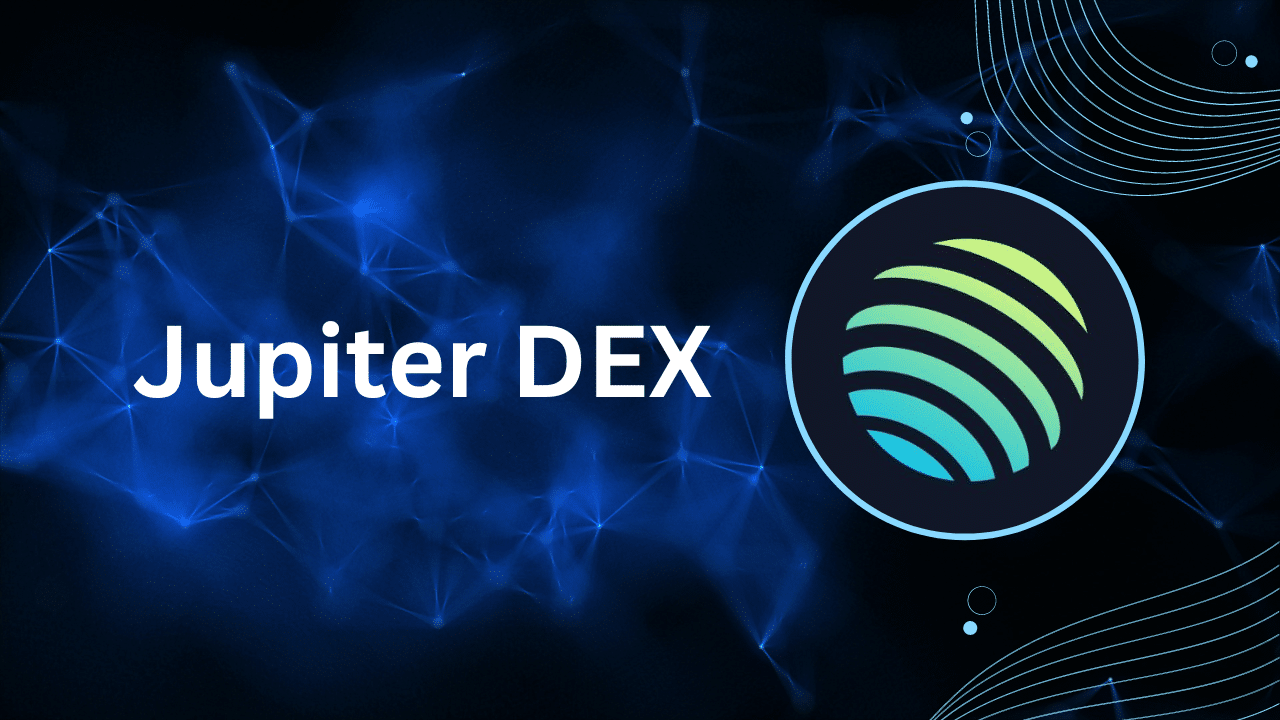Contents
|
|
Curious about the showdown between Solana vs Ethereum? These blockchain giants are changing the game in decentralized finance. Solana, known for its lightning-fast transactions and use cases, challenges Ethereum’s dominance with its scalability and low fees. On the other hand, Ethereum boasts a solid reputation as the pioneer of smart contracts and decentralized applications. As these platforms battle it out for supremacy, users are left wondering which one will emerge victorious in this crypto clash.
The historical context sets the stage for an exciting comparison between two heavyweights shaping the future of cryptocurrencies. Stay tuned as we delve into key differences, performance metrics, community support, and potential growth factors to help you navigate this dynamic landscape effectively.
Contents
History and Origins of Ethereum and Solana
Founders and Origins
Ethereum, established in 2015 by Vitalik Buterin, introduced the concept of smart contracts and decentralized applications. On the other hand, Solana was created in 2017 by Anatoly Yakovenko.
Both platforms have distinct features that cater to different needs within the blockchain ecosystem. While Ethereum has a longer history and more widespread adoption, Solana boasts faster transaction speeds and lower fees compared to Ethereum’s network.
Technology and Capabilities
In terms of technology, Ethereum currently operates on a proof-of-work consensus mechanism but is transitioning to a more energy-efficient proof-of-stake model with Ethereum 2.0. This upgrade aims to improve scalability and reduce energy consumption significantly.
On the other hand, Solana utilizes a unique approach known as Proof of History combined with Proof of Stake consensus mechanism, allowing for high throughput without compromising decentralization or security. This innovative design enables Solana to process thousands of transactions per second at a fraction of the cost compared to Ethereum.
-
Pros:
-
Ethereum: Pioneered smart contracts.
-
Solana: Offers fast transaction speeds.
-
Cons:
-
Ethereum: Currently faces scalability issues.
-
Solana: Relatively newer platform with less proven track record.
Smart Contract Capabilities and Compatibility
Programming Languages
Ethereum uses Solidity while Solana relies on Rust for smart contract development. Solidity is Ethereum’s native language, known for its user-friendly syntax. On the other hand, Rust is a robust language favored for its performance and security features.
Both languages have their strengths; Solidity offers simplicity and ease of use, making it popular among developers in the blockchain space. In contrast, Rust provides speed and safety due to its low-level control over hardware resources.
DeFi Projects
Ethereum has been at the forefront of decentralized finance (DeFi) projects due to its early adoption and established ecosystem. Many DeFi applications such as Uniswap, Compound Finance, and MakerDAO are built on Ethereum’s network.
Solana aims to compete with Ethereum by offering faster transaction speeds and lower fees without compromising security or decentralization. While still growing its DeFi ecosystem, Solana has gained traction among developers looking for scalability solutions beyond what Ethereum currently offers.
Scalability Differences Between Solana vs Ethereum
High Gas Fees and Scalability Challenges
Ethereum, a well-known blockchain platform, encounters scalability issues during high network congestion, resulting in high gas fees for transactions. This limitation has led to delays and increased costs for users executing transactions on the Ethereum network. On the other hand, Solana addresses this challenge differently.
Solana’s unique Proof of History consensus mechanism allows it to achieve remarkable scalability by processing thousands of transactions per second efficiently. This feature sets Solana apart from Ethereum in terms of handling large volumes of transactions swiftly without experiencing significant delays or inflated transaction costs.
-
Ethereum
-
Faces scalability challenges with high gas fees during network congestion.
-
Solana
-
Boasts high throughput due to its unique Proof of History consensus.
Transaction Speed and Throughput Comparison
When comparing Solana and Ethereum in terms of transaction speed and throughput, Solana emerges as the frontrunner due to its ability to process a significantly higher number of transactions per second than Ethereum. For instance, while Ethereum can handle around 30 transactions per second at peak times, Solana’s architecture enables it to process thousands more within the same timeframe.
This difference is crucial for users who require fast transaction speeds without exorbitant fees. By leveraging its innovative technology stack that includes features like Tower BFT (Byzantine Fault Tolerance) consensus algorithm and Gulf Stream pipeline optimization, Solana maintains rapid transaction speeds even under heavy loads compared to Ethereum.
-
Ethereum
-
Processes around 30 transactions per second at peak times.
-
Solana
-
Capable of handling thousands more transactions per second due to its advanced technology stack.
Speed Comparison and Transaction Costs
Transaction Speeds
Ethereum can experience slower transaction speeds when there is high network activity. This means that transactions may take longer to confirm, especially during peak usage periods. On the other hand, Solana stands out for its fast confirmation times even under heavy loads, ensuring quick processing of transactions.
Solana’s architecture allows it to handle a higher throughput compared to Ethereum, resulting in quicker transaction speeds overall. For users looking for swift and efficient transactions without delays or bottlenecks, Solana proves to be a reliable choice due to its ability to maintain speed even during busy network conditions.
Transaction Costs
Ethereum is known for its relatively higher fees compared to Solana. These low fees on Solana make it an attractive option for users who want cost-effective transactions without hefty charges cutting into their profits or investments.
Users often appreciate the affordability of conducting transactions on Solana as opposed to Ethereum’s sometimes costly fee structure. The difference in fees between the two platforms can significantly impact frequent traders or those involved in various decentralized applications (cases) where cost efficiency plays a crucial role.
Consensus Mechanism Variations
Ethereum: PoS Transition with Ethereum 2.0
Ethereum, a well-known blockchain platform, is in the process of transitioning from its current proof-of-work (PoW) consensus mechanism to a more energy-efficient proof-of-stake (PoS) system through the Ethereum 2.0 upgrade. This shift aims to address scalability issues and reduce the environmental impact caused by mining activities on the network. By moving towards PoS, Ethereum seeks to enhance transaction speed and lower fees for users engaging with decentralized applications (dApps) on its platform.
-
Pros:
-
Energy efficiency improvement
-
Scalability enhancements
-
Reduced environmental impact
-
Cons:
-
Challenges associated with network upgrades
-
Potential risks during transition phases
Solana: Hybrid PoH and PoS Approach
In contrast, Solana operates using a unique consensus mechanism that combines Proof of History (PoH) and Proof of Stake (PoS). The innovative integration of these two mechanisms allows Solana to achieve high throughput without compromising decentralization or security. The PoH ensures chronological order within transactions, enabling validators to reach consensus quickly, while the PoS system enhances security by requiring validators to hold tokens as collateral.
-
Key Information:
-
Hybrid approach for optimal performance
-
Emphasis on both speed and security
-
Examples:
-
Validators maintain network integrity through staking tokens.
-
Transaction processing benefits from chronological data organization provided by PoH.
Solana’s hybrid model sets it apart from other blockchains like Ethereum by offering a balance between speed and security without sacrificing decentralization. While Ethereum pursues an energy-efficient future with its transition to PoS, Solana continues to innovate in achieving fast transaction speeds through its unique consensus mechanism blend.
Gas Fees and Ecosystem Variance
Ethereum Gas Fees
Ethereum is known for its fluctuating gas fees that can significantly impact the user experience. These fees are required to process transactions and smart contracts on the network. Due to the high demand for processing power, especially during times of network congestion, gas fees on Ethereum can skyrocket, making it costly for users to interact with decentralized applications (dApps) or execute transactions. This unpredictability in gas fees has been a point of concern for many users and developers operating within the Ethereum ecosystem.
-
Pros:
-
Established ecosystem.
-
Wide range of dApps available.
-
Cons:
-
High gas fees during peak usage.
-
Scalability challenges impacting transaction speed.
Solana Cost-Effective Environment
On the other hand, Solana offers a more cost-effective environment for developers due to its high throughput capabilities and low transaction costs. The network’s design allows it to handle thousands of transactions per second at a fraction of the cost compared to Ethereum. Developers building on Solana benefit from faster confirmation times and lower fees, creating a more efficient experience overall. This cost-effectiveness has attracted many projects looking to avoid the issues associated with high gas fees seen on other blockchain networks like Ethereum.
-
Key Points:
-
Low transaction costs.
-
Fast confirmation times.
Developer Adoption and Ecosystem Growth
Ethereum Ecosystem
Ethereum boasts an established developer community that has contributed to a wide range of decentralized applications (dApps). These dApps span various industries such as finance, gaming, and NFTs. The network’s user base is substantial due to its early introduction in the blockchain space. However, one significant drawback experienced by users on Ethereum is the high gas fees required for transactions.
-
Pros:
-
Established developer community.
-
Diverse range of dApps across multiple industries.
-
Cons:
-
High gas fees can be prohibitive for some users.
Solana’s Rise Among Developers
On the other hand, Solana is rapidly gaining traction among developers primarily because of its exceptional performance capabilities. The network’s ability to handle thousands of transactions per second at significantly lower costs compared to Ethereum has piqued interest within the blockchain community. As more developers shift their focus towards building on Solana, it could potentially challenge Ethereum’s dominance in the long term.
-
Key Information:
-
Growing interest from developers due to performance capabilities.
-
Lower transaction costs compared to Ethereum.
Security, Decentralization, and Regulatory Considerations
Security Features
Both Solana and Ethereum prioritize security in their networks. Ethereum, as a well-established platform, boasts robust security features that have been battle-tested over time. This long-standing network has faced numerous challenges and attacks, leading to continuous improvements in its security protocols. On the other hand, Solana is also dedicated to ensuring the safety of its ecosystem by implementing cutting-edge technologies like Proof of History (PoH) to enhance network security.
Ethereum’s track record demonstrates its ability to withstand cyber threats due to its extensive use and development history. Conversely, Solana’s innovative approach with PoH aims at fortifying the network against potential vulnerabilities by providing a verifiable history of events on the blockchain.
-
Security Features:
-
Ethereum: Battle-tested security measures.
-
Solana: Innovative technologies like Proof of History for enhanced network protection.
Decentralization Efforts
While both platforms prioritize decentralization, they approach it differently. Ethereum has established itself as a decentralized ecosystem with a vast community contributing to its growth and development. However, concerns have arisen regarding scalability issues impacting decentralization efforts due to congestion on the network. In contrast, Solana is actively striving for greater decentralization while addressing scalability challenges through innovations such as Proof of Stake (PoS) consensus mechanism.
In terms of decentralization, Ethereum’s large user base contributes significantly to maintaining a decentralized environment despite facing scalability hurdles. On the other hand, Solana’s focus on enhancing decentralization through PoS showcases its commitment towards creating a more inclusive and distributed network structure.
-
Decentralization Efforts:
-
Ethereum: Established decentralized ecosystem.
-
Solana: Prioritizing decentralization with innovations like PoS consensus mechanism.
Future Growth Potential and Predictions
Ethereum Upgrades
Ethereum, a leading blockchain platform, is gearing up for significant upgrades like EIP 1559 to enhance its scalability. These improvements are crucial for addressing the network’s current limitations and ensuring smoother transactions. With these enhancements, Ethereum aims to solidify its position as a top player in the crypto space.
One of the key advantages of Ethereum is its established presence and widespread adoption across various decentralized applications (dApps). This extensive ecosystem provides a strong foundation for growth potential and innovation within the blockchain industry. Developers worldwide continue to build on Ethereum due to its robust infrastructure and developer-friendly environment.
-
Pros:
-
Established presence in the market.
-
Widely adopted across dApps.
-
Cons:
-
Scalability issues prior to upgrades.
-
High gas fees impacting user experience.
Solana’s Rising Prominence
On the other hand, Solana has emerged as a formidable competitor in the blockchain arena, positioning itself as a viable alternative with immense growth prospects. Its high throughput capacity sets it apart by enabling faster transaction speeds compared to many other blockchains. This feature appeals to users seeking efficiency and cost-effectiveness in their transactions.
Solana’s innovative approach to scalability addresses some of the challenges faced by other platforms like Ethereum. By leveraging cutting-edge technology such as Proof of History (PoH) consensus mechanism, Solana offers an attractive solution for users looking for fast and seamless transactions on a secure network.
-
Pros:
-
High throughput capacity.
-
Innovative PoH consensus mechanism.
-
Cons:
-
Less established compared to Ethereum.
-
Limited adoption among developers currently.
Closing Thoughts
We’ve journeyed through the realms of Solana and Ethereum, unraveling their histories, technical capabilities, and future outlooks. As you weigh the differences in scalability, speed, security, and ecosystem maturity between these two blockchain giants, remember that each has its strengths and weaknesses. The choice between Solana and Ethereum hinges on your specific needs: speed demons might favor Solana, while smart contract aficionados could lean towards Ethereum. Yet, both platforms are evolving rapidly, so keep a watchful eye on their progress to make informed decisions as the landscape transforms.
In this ever-changing crypto universe, staying informed is key. Dive deeper into Solana and Ethereum updates, join community discussions, and test out functionalities firsthand to grasp their full potential. Your journey into the world of blockchain is just beginning—embrace the adventure and let your curiosity guide you towards new horizons.
Frequently Asked Questions
What are the key differences between Solana and Ethereum in terms of scalability and low fees?
Solana is known for its high throughput due to its unique consensus mechanism, while Ethereum faces scalability issues with network congestion. Solana can handle thousands of transactions per second, surpassing Ethereum’s current capacity significantly.
How do gas fees differ between Solana and Ethereum?
Gas fees on Solana are typically lower compared to Ethereum due to its design that aims for higher efficiency. Transactions on Solana require less computational power, resulting in reduced costs for users when interacting with the network.
Which smart contract capabilities stand out when comparing Solana and Ethereum?
Ethereum pioneered smart contracts but faces limitations in speed and cost. On the other hand, Solana offers faster transaction times at a lower cost, making it an attractive option for developers looking to deploy efficient smart contracts at scale.
How does developer adoption vary between Solana and Ethereum ecosystems?
While Ethereum has a more established ecosystem with a larger number of developers and projects, Solana is gaining traction rapidly due to its performance advantages. Developers are increasingly exploring opportunities on both platforms based on their specific project requirements.
What security considerations differentiate Solana from Ethereum?
Solana utilizes a Proof of History mechanism alongside Proof of Stake for added security layers. While both networks prioritize decentralization, this hybrid approach enhances security measures by mitigating potential threats like 51% attacks more effectively than traditional blockchain protocols

